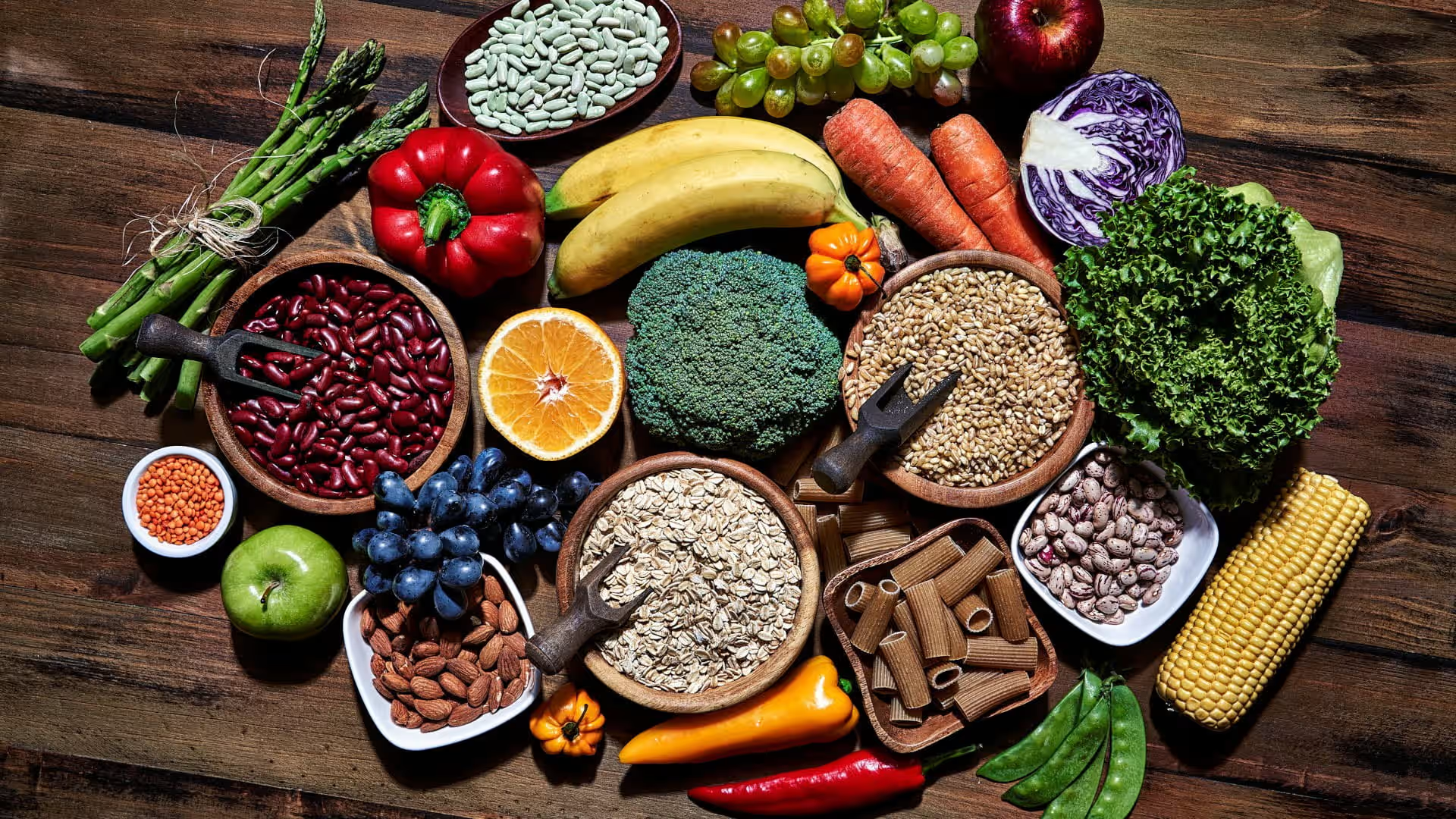
Adopting a vegan diet has become increasingly popular in recent years, with more people recognizing its potential health, environmental, and ethical benefits. A vegan diet excludes all animal products, including meat, dairy, eggs, and often honey, focusing instead on plant-based foods like fruits, vegetables, grains, nuts, and legumes. Here's a look at some of the key benefits of following a vegan diet:
A vegan diet offers a wide range of benefits, from improved heart health and better weight management to environmental sustainability and ethical considerations. While transitioning to a vegan diet can seem challenging at first, the long-term health benefits and positive impact on the planet make it a worthwhile choice for many people. As with any diet, it's important to plan your meals carefully to ensure you're getting all the necessary nutrients. Consulting with a healthcare provider or a nutritionist can help you make a smooth transition and maintain a balanced, nutritious vegan diet.
Click here to book an appointment with one of our nutrition specialists.





